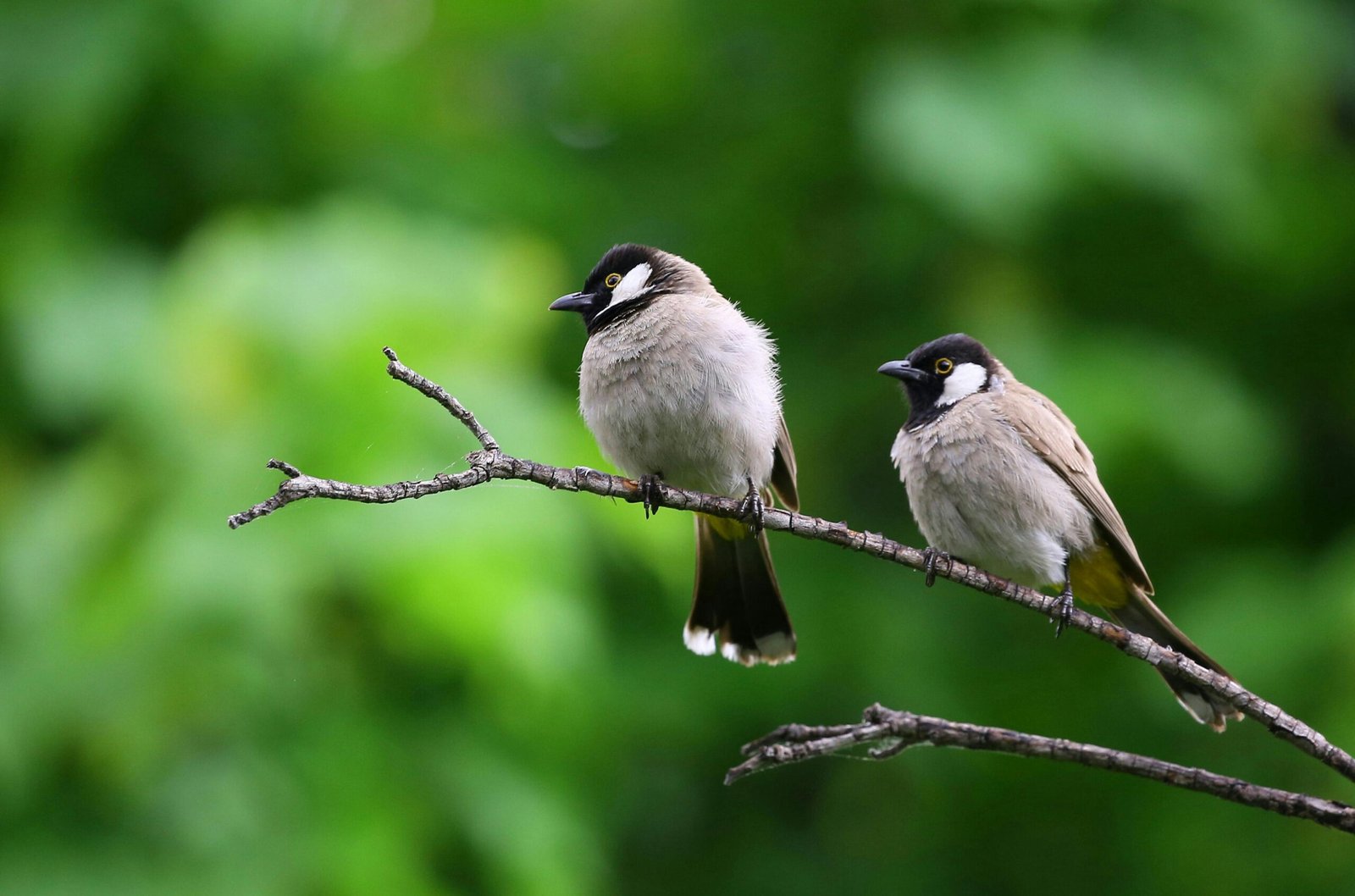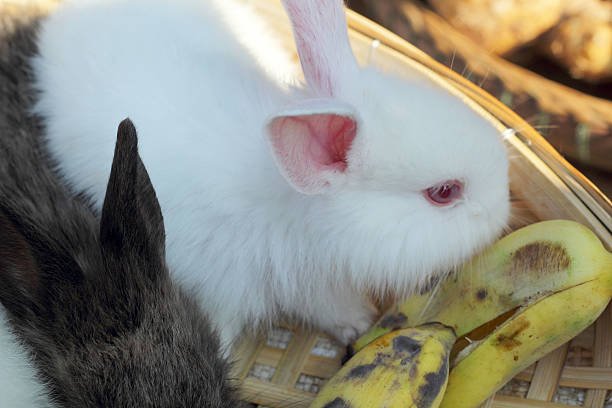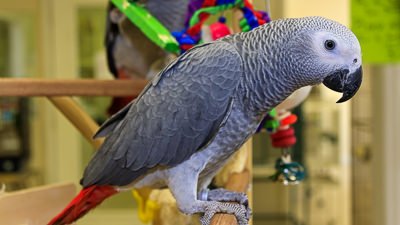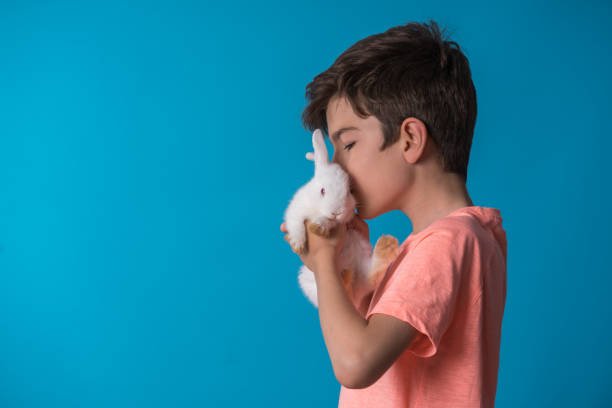Table of Contents
ToggleIntroduction
There are so many gorgeous and colorful birds; they are known to be good pets and would fit right into one’s home. Does one want to be a bird owner for the first time or does one already own a bird, it is important to learn some simple rules of how to take care of a bird in a home environment.
Each and every factor counts including creating the perfect environment, feed ample nutrition, socialize and stimulate him mentally. In this article, all you will learn about birds is what you ought to do for them, where to keep them and what to feed them on among other aspects of their wellbeing.
1. The Proper Environment that is suitable for Birds
Caretaking is very important when it comes to management of birds by creating the best possible atmosphere for the bird. To be at ease we need the space, safety, and comfort that we deserve like the birds need in a cage.
- Size of a Cage: When selecting a cage to buy, ensure it will be spacious enough for the bird to move around in. Generuis, there are a number of rules that should be considered when another small cage is purchased, such as, the cage should be about twice the wingspan of a bird. Larger birds need bigger cages.
- Cage Location: The cage should be set in a relatively quiet place but not lonely. Birds love to be in an area where there is lots of movement around the family but a little break to relax.
- Fact: Encourage the use of perch bars of different sizes and types e.g wood, rope or branches which can be essential in maintaining foot health. Playing toys are crucial for stimulation therefore one should change toys every some period to enhance stimulation.
- Lighting: Birds need natural light. They need to be exposed enough to the sun but not for long because this could lead to development of a burning heat on fish fry.
Feeding Your Bird the Right Diet
Like every living creature has its specific dietary requirement so do birds, and the way they are to be fed should be carefully identified.
Proteins Shapes: While seeds are quite popular they are not regarded as full pellets since they lack [] complete nutrition. The diet ranges from high-quality pellets of food to improve brain and vision power with typical meals taken at meals with drinking water also mandatory. They can complement with the fresh fruits and vegetables, some nuts among others.
Water: fresh water should always be made available in the cage in plenty and should be changed on a daily basis. To make the carrying out of the recommendation practicable, one ought to change it frequently so that it can remain clean.
They should not feed their birds the following: chocolate is highly poisonous to birds; avocados contain Persin, a toxin that is toxic to birds; caffeine also poses a threat to birds; and last but not the least, alcohol is toxic to birds. It is necessary for them to avoid the following in their diet.
3. Providing Mental and Physical Stimulation
Flying is an activity that is most natural to birds and it is in its nature to fly; therefore exercise is important for birds.
Toys and Enrichment: Toys such as chew toys, puzzled toys, foraging toys should be availed for the birds. Such as these stimulate their minds and they ensurge on the natural instincts such as chewing and exploring.
Also make sure that the bird gets out of cage time: let the bird fly or hop around in areas outside the cage, a larger species of birds requires more space to move around.
Training/Bonding: Birds are social animals and love interaction with other birds as well as with people. Pet them and teach them simple tricks or words, pay a good deal of attention to them and keep talking to them every day.
4. Ensuring Your Bird’s Health
The health of a bird also requires major consideration, and should be taken through frequent checkup and other veterinary procedures.
- Pet care: Enhance your pet’s health by visiting the avian vet as often as possible. Birds can often mask any sort of sickness, so one has to observe good preventive measures.
- Sanitation: Develop the habit of cleaning the cage, the perches, and the toys in order to reduce the cases of bacteria and infections. Make sure you do not place any sharp objects or objects that are inevitably hazardous to the health of the bees in the cage.
- Pet Care: Some of the birds for instance the parrots need their feathers to be trimmed at regular intervals. As you must already know, tortoises undergo molting; so it will be helpful to know their molting period and make sure they have enough area to move around and groom themselves.
5. Stimulating Your Bird’s Mental Wellbeing through Social Interactions
Birds are also sociable creatures that need love and contact from one time to another.
- Training and Handling Time with Owners: Bird should be given a quality time and interact with him/her for minutes in a day. They are also playful and will be very close to any human they have had some contact with.
- Socio-Emotional: Some birds especially parrots can be paired with another bird as a companion to keep them company. Always make an arrangement to ensure that the birds you will keep will be compatible to live in the same cage.
- The Alcohol: The behavior of every bird is special because they are all unique in character. Of them know its signals and identify when they are angry or joyful.
6. Creating a Safe Environment
Domesticated birds are always inquisitive animals and for this reason it is important for homes that want to have them to ensure that they make sure that their homes cannot be accessed by any bird.
- Hazardous Items: Remove or secure dangerous items such as toxic plants, electrical cords, and open windows. Birds are very playful in most cases and this is why they get curious; it will be safer if the substances are not within their reach.
- Chemicals: Do not use non-stick frying pans, or burn incense as they give toxic fumes, which are dangerous for birds.
It safer to opt for the cage by making sure that the cage doors are well locked to avoid instances of escape.
Conclusion
Welping birds at home is such a fulfilling project, although it comes embedded with a number of tasks needed to be done. If you want your bird to have a long and happy life, you should create the suitable circumstances for its living, feed it with proper nutrition, train it mentally, and bring it for checkups.
This will also enhance your bond of interaction with your winged friend since socializing with your bird involves gaining understanding of its behavior. Please do not forget, birds are not just pets ; they are living intelligent creatures with the definite need for love and care.
With these basic guidelines on how to take care of birds, a bird owner will help his pet bird to live a healthy and comfortable life.






One Response
Купить Хавейл – только у нас вы найдете разные комплектации. Быстрей всего сделать заказ на автосалон хавал в москве можно только у нас!
официальный автосалон haval
хавал новые модели 2025 – http://www.havalmsk1.ru